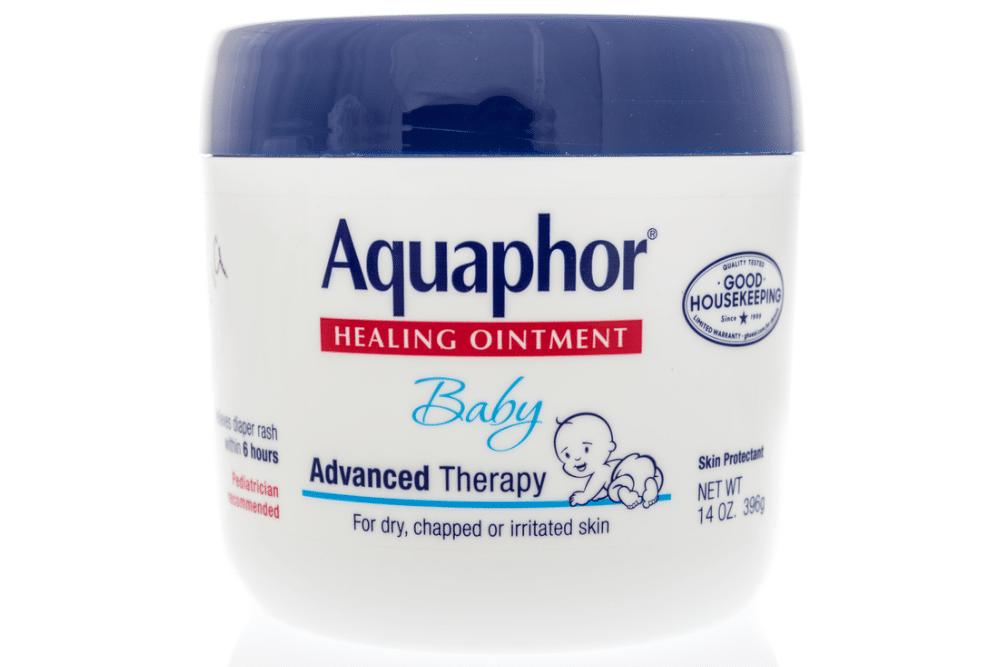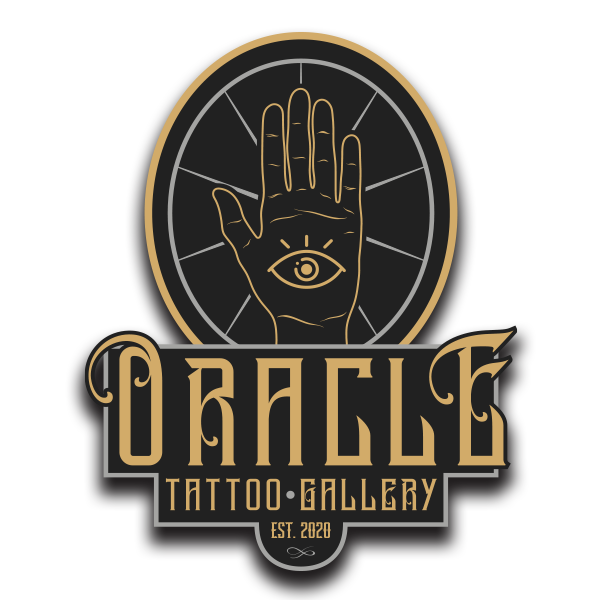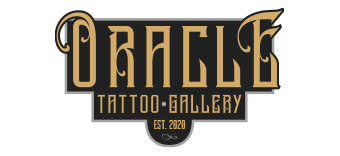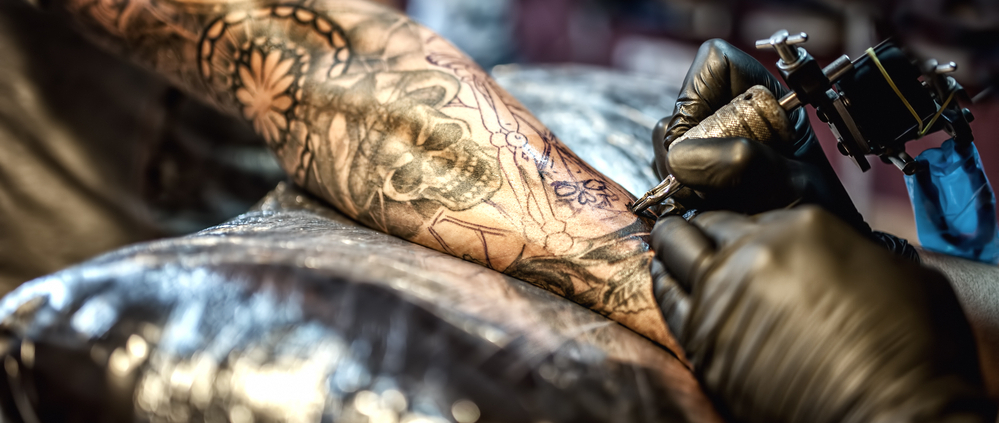Tattoo Numbing Creams: Are They Worth It?
Getting a tattoo is a personal experience that will be different for everyone according to Oracle Tattoo Gallery. Many tattoo artists resist the use of tattoo numbing creams for several reasons. Some have used them before and do not think that they work enough to warrant their use. However, most of these products need time to begin working.
Other people feel that a tattoo experience without the pain is not really a true tattoo experience at all. To each his/her own is what many think. It should be noted that some individuals have a very low pain tolerance that can be due to a medical condition, their emotional status and genetics among many other factors. For these people, not having something to at least take the edge off the painful discomfort of a tattoo needle would cause them to forego the experience.
Still others have never had a tattoo done before, and they may be exceptionally nervous about their first-time tattoo session. For many of these individuals, using first-rate tattoo numbing creams can help. Usually, a combination of two or three types may just do the trick nicely. While these cannot take away all the discomfort, it can make the experience tolerable and therefore worth it in the end.
So, let’s get down to describing the pros and cons of tattoo numbing creams and whether they may be worth the small bit of effort for the end results.
Do Tattoo Numbing Creams Even Work?
In general, when applied correctly at the proper time and correct dosage, these numbing creams have become popular with many individuals who have a low pain tolerance or have extreme anxieties about undergoing a tattoo without using anything for the discomfort. Most of the tattoo enthusiasts who do use these creams report that they do have a more comfortable tattoo session in most cases.
Are Tattoo Numbing Creams Safe for Use? Are There Any Risks to Using Them?
Many Philadelphia tattoo shops that have been in the business awhile do keep some types of tattoo numbing creams or topical sprays on hand just in case a very anxious client becomes too uncomfortable prior to the end of their session. This is often enough to get them through to their beautiful, finished result.
Most professional tattoo artists that do use these creams, and many doctors and dermatologists, state that used as directed, these numbing creams for tattoo sessions are relatively safe for the
average person to use.
There are some exceptions of course.
Those with Heart Disease or Other Serious Health Conditions Should First Be Cleared by a Physician
This is especially true when using creams or other products that contain vasoconstrictors. This can cause an increase in heart rate and feelings of anxiety and agitation. These clients should be screened and cleared by their physician beforehand. Even then, only a small amount of the vasoconstrictor medication should be used.
Very Anxious Individuals too May Need a Doctor’s Clearance Just in Case
Many individuals have chronic or severe anxiety when dealing with anything medical or painful like a tattoo needle that can burn and sting for instance. Anxiety can increase the person’s overall level of discomfort, and these individuals are more likely to become overwhelmed, lightheaded and feel faint or weak. It is best if these clients also undergo a thorough medical exam first to be sure that these medications are the right ones for them.

Other Factors That Could Increase Discomfort During A Tattoo Session
There are some other factors that have the potential to increase discomfort when undergoing a tattoo session. These factors include:
- Chronic pain diagnosis – may increase hypersensitivity to any pain large or small
- Depression, insomnia, anxiety or stress
- Lack of proper sleep – can make the person more sensitive to discomforts in general
- Prior injuries that caused serious pain – other discomforts can bring these memories back
- Clients who have had a bad tattoo experience before
- Persons who are afraid of needles
- Certain mental health disorders can increase discomfort and stress thereby increasing discomfort
Exactly How Do Numbing Tattoo Creams Work?
There are three main categories of tattoo numbing creams which each have their own drawbacks and positive elements too. It may just be a certain person’s reaction to the medication or a preference.
Overview of Nerve Deadeners
Lidocaine is one example of a nerve deadener. This is the most popular choice in tattoo numbing cream by far. Many people have had this drug during dental procedures. It works by blocking the pain signals that are picked up usually by the nerves causing the discomfort sensation. The drug temporarily numbs and causes a temporary loss of feeling. It is generally safe for most when used as directed.
Note: The biggest drawback of nerve deadeners is that it only numbs the upper layers of the epidermis. Discomfort will still be felt in the deeper dermal layers where the tattoo needle will reach. Another con is that it takes about 30 minutes to numb properly, but this may be done at home if need be. It does have a shorter action time, so this one is best for smaller and less time-consuming tattoos that can be done in under two hours. Otherwise, they need reapplied.
General Facts Regarding Nerve Blockers
Benzocaine and tetracaine are nerve blockers which work a bit differently. The nerve blockers do still allow your nerves to sense some sensations, but they work by blocking these signals to the brain. These drugs dull the intensity of the discomforting sensations.
It is often best to combine nerve blocking agents with a nerve deadener for a more effect relief from pain.
About Vasoconstrictors
Although vasoconstrictors are considered the most effective in pain lessening, it is also the most dangerous of these tattoo numbing creams. They work by tightening or squeezing the blood vessels together that in turn decreases swelling and reduces bleeding at tattoo site. Great care must be taken to ensure this drug is not overdone. Too much can be dangerous. These are often combined with other chemicals designed to stop the absorption of the medication into the body in order to make the pain reducing effect last longer.
Some Additional Risks
These numbing creams for tattoo sessions often contain other ingredients like preservatives and more that a person may be allergic to. Those with increased skin sensitivities should look for natural based creams that typically have fewer additives.
Proper Use of Numbing Creams
- Carefully Select the Right Numbing Agent
- Gently Wash Skin with Green Soap or a Numbing Wash Product
- Apply Pre-Deadener Then Wait
- Wash Pre-Deadener Off Then Begin Tattoo Process
- Apply Approved for Broken Skin and Tattoo Use Spray, Cream or Ointment as Directed
Types of tattoo numbing agents:
- Numbing Spray
- Numbing Cream
- Numbing Ointment
Important Facts
- More numbing cream is usually not the answer
- Never use illicit drugs or drink alcohol prior to a tattoo session
This can have a dehydrating effect that is bad for the skin and bad for the tattoo result.
Find a nearby tattoo artist by googling local tattoo shops near me online.
Final Thoughts
The use of a tattoo numbing cream, or a combination blend, can help some individuals tolerate the discomfort of the tattoo procedure better overall. These creams are also best for larger tattoos and those placed in very sensitive body areas for better overall comfort during the session. More questions? Contact Oracle Tattoo Gallery by phoning 215-638-1601.




